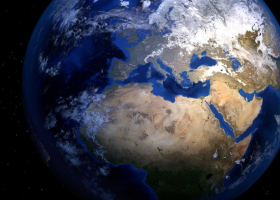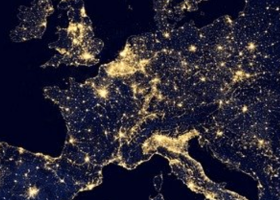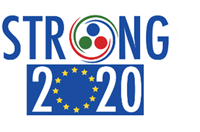
TWAC, acronyme pour “Terahertz Wave Accelerating Cavity”, est un projet de recherche européen financé par le Conseil Européen de l’Innovation (EIC), appel Pathfinder Open 2021 dit ‘L’Eclaireur’, du programme-cadre Horizon Europe, visant à explorer des idées novatrices et risquées, susceptibles de conduire au développement de nouvelles technologies et, à terme, d’innovations de rupture.
Démarré en avril 2022 pour une durée de 4 ans, il est porté par un Consortium européen de 6 partenaires intégrant la collaboration avec des industriels. CNRS Nucléaire & Particules est le chef de file de ce Consortium via le leadership scientifique de Christelle Bruni, chercheuse à IJCLab-Laboratoire de Physique des 2 Infinis Irène Joliot-Curie.
Concrètement, TWAC vise à proposer une vision radicale qui révolutionnera l’utilisation des accélérateurs en termes d’encombrement, de durée du faisceau et de propriétés du faisceau d’électrons (stabilité, reproductibilité, monochromaticité, durée du faisceau à l’échelle de la femtoseconde). Cela via le développement d’une nouvelle structure diélectrique qui guidera une onde accélératrice avec des gradients d’énergie inégalés, permettant ainsi de démocratiser l’accès au faisceau d’électrons à l’échelle de la femtoseconde pour l’étude des phénomènes ultrarapides.
Sa taille et son poids lui permettront par exemple d’être monté sur un bras robotique, de se déplacer autour d’un patient pour des applications médicales ou d’inspecter des matériaux pour des applications industrielles.





